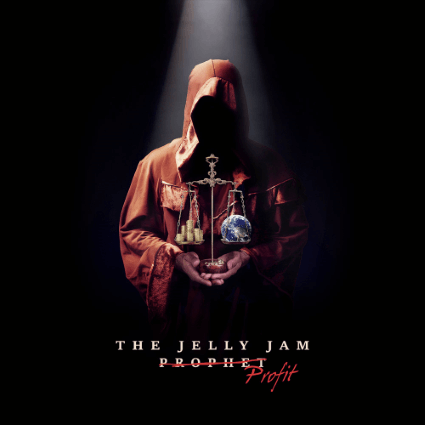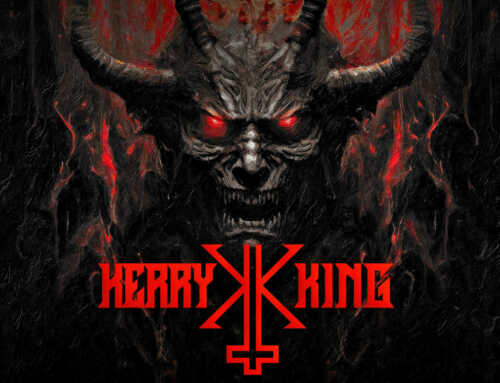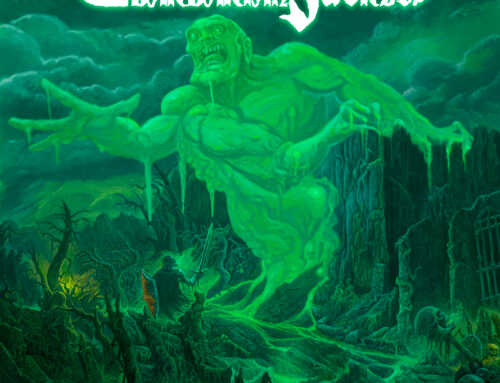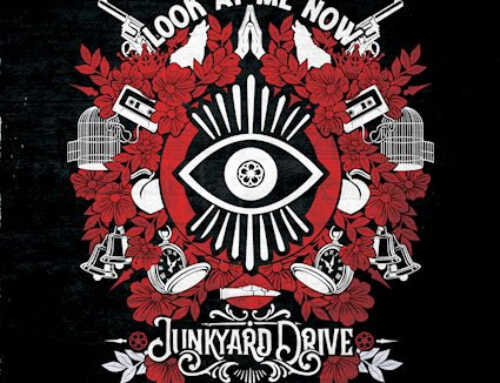Prog grunge!
Two words together, as the blessed Mustaine might have once said, that don’t make sense. However, over the course of the forty-odd minute duration of fourth album Profit supergroup The Jelly Jam do make some sort of sense, albeit a woozy, slightly underwhelming one.
Sensibly they kick off proceedings with their best track, Care. A stonking radio friendly unit shifter if ever there was one, vocalist Ty Tabor rises to the occasion with his slightly understated vocal style to deliver a beguiling, highly attractive song that isn’t really equalled over the course of the rest of the album. Next track Stain on the Sun, for instance merely slips by the ears without ever really snaring the listener, although matters take an upturn as both Water and the more urgent Stop, which features some fine drumming from Winger/Dixie Dregs alumnus Rod Morgenstein both sit up and demand attention.
Water is another piece of commercial grunge that would have ruled the radio waves in the early nineties, shot through with more traditional slashes of hard rock which inevitably recall Tabor’s alma mater Kings X; Stop coalesces into a fine rocker redolent at times of NYHC doyens Life of Agony in their late nineties peak, though never perhaps getting as revved up as one would like.
Perfect Lines (Flyin’) is a lovely piece of whispy, almost Beatlesy balladry that just cuts off as it seems to be building into something very special indeed; the abrupt stop acts as a suitable intro to the much heavier Mr. Man, wherein Dream Theater bassist John Myung – the final piece in the supergroup puzzle – contributes some weighty bottom end over which Tabor solos with panache. Grinding riffs build the song to an appetizing crescendo, though Tabor’s laid back vocal never quite provides the bile the riffage seems to require.
Memphis provides another blast of metallic rage that at less than three minutes in duration tantalises but fails to satisfy; the best riffs of the album are here – why not develop them a bit?
Still, the listeners’ frustration is short lived as the band ease into the smooth understated grooves of Ghost Town. Morgenstein lays down a Ringo Starr beat and Tabor delivers his most convincing vocal on the album apart from Care. The man provides some delightfully spare yet opulent guitar work brings to mind Andy Summers of the Police in the latter part of the song too. Heaven mines a similar seam, without ever rising to the heights attained by its predecessor. Like Stain on the Sun it just fades away, and before you realise what’s happened, Permanent Hold has faded in with a woozy, understated jam, Morgenstein holding it down whilst Tabor noodles pleasantly, Myung weaving in and out of the two. Again you feel more could have been made of the situation.
Fallen opens with Tabor sounding like a yank Steven Wilson, but he pulls back from giving any rein to misanthropy and self pity and the song merely turns into another pleasant four minute hike through familiar alt.rock territory. Somnolent closer Strong Belief looks to be ending the album with a whimper rather than a bang but heavies up nicely, undulating back to sleepy reverie, then… you get the picture.
I suppose I should point out that Profit is a concept album, though to be honest at no point was I inspired enough to concern myself with the storyline and ignorance of same in no way detracts from any enjoyment you derive from the album. It’s an interesting record, undeniably strong in places, yet never seeming to fully push through on the potential it undoubtedly has. If you’re a fan of any of the three men involved then of course you’ll want to hear the record. If not, it’s hard to see why you be getting involved on anything more than a casual level.
Profit is released on by Music Theories Recordings on May 27th.








Leave A Comment